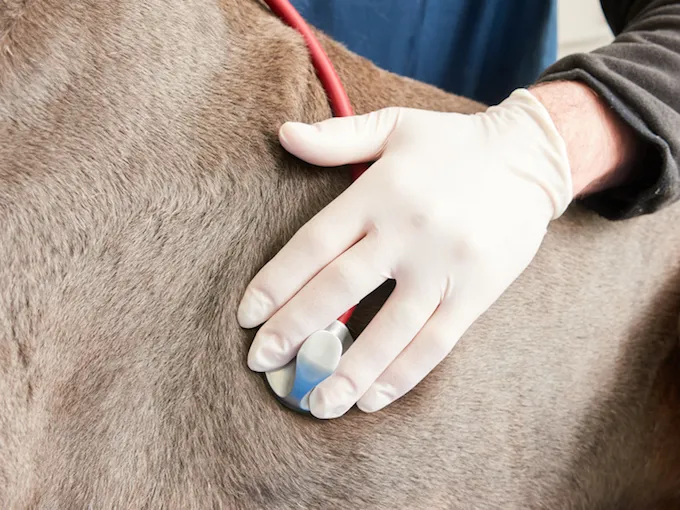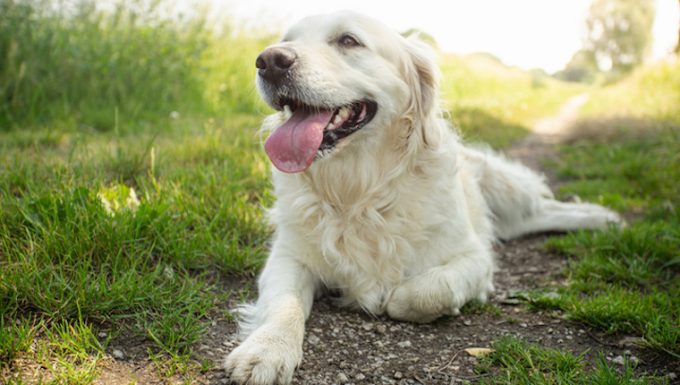Atrial premature complexes in dogs happen when a dog’s heart beat becomes premature and irregular. The condition is likened to a heart skipping a beat.
Unfortunately, the condition affects both older dogs and smaller dog breeds the most.
The condition is also referred to as premature atrial contractions.
If you see the signs of atrial premature complexes in your dog, then get to a veterinarian for a proper diagnosis and treatment.
Here’s what you should know about the symptoms, causes, and treatments for the condition.
Symptoms of Atrial Premature Complexes in Dogs
The condition produces a range of symptoms. For example, some of the most common symptoms include:
- Breathing problems
- Coughing
- Fainting
- Irregular heart beat
- Avoiding exercise
However, in some cases, the condition does not produce any visible symptoms.
Causes of Atrial Premature Complexes in Dogs

The cause of the condition can be a number of things. For instance, some of the most common causes include:
- Hyperthyroidsim
- Heart muscle diseases
- Electrolyte disorders
- Neoplasia
- Toxicity problems after taking medication
- Congenital heart disease
- Heart valve issues
Generally, older dogs and smaller breeds of dog are most likely to develop the condition.
Treatments for Atrial Premature Complexes in Dogs
Firstly, your vet will ask about your dog’s symptoms. Secondly, your vet will ask about your dog’s full medical history. This will include any breed specific problems, especially for smaller dog breeds.
Thirdly, a full physical examination will be carried out.
Blood and urine tests will also be taken.
Generally, an electrocardiogram (EKG) is used to monitor your dog’s heart.
Treatment often involves medication. This can be used to normalize your dog’s heart rate or to dilate your dog’s blood vessels.
As always, if your vet prescribes your dog any medicine, make sure to stick to the correct dose and frequency instructions. Also, complete the full course of medicine.
While recovering at home it is important to provide your dog with a quiet and calm environment. Also, keep up regular visits with your vet to monitor their heart health.
You can read more about general heart health tips for your dog here.
Have you ever cared for a dog who suffered from this condition? How did your vet help your dog recover? Let us know in the comments section below.









